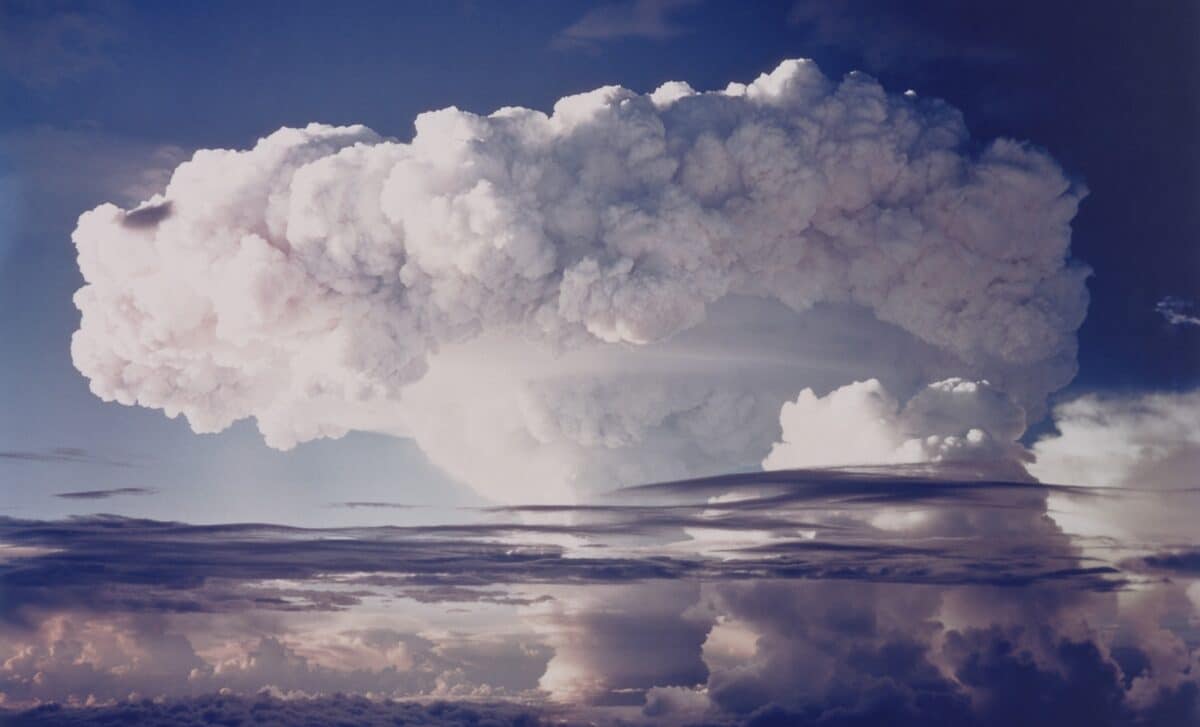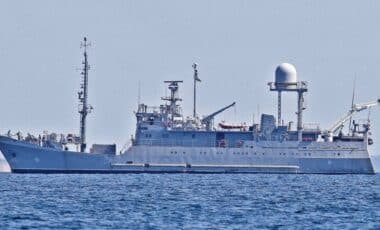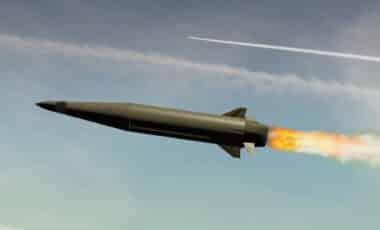The possibility of a nuclear bomb detonating remains a frightening thought, especially in light of the ongoing Israel-Iran conflict. With escalating military strikes between the two nations, including Israeli airstrikes on Iran’s nuclear sites, the risk of catastrophic consequences is steadily increasing. As both countries brace for further escalation, the world is left wondering what would happen if a nuclear bomb were to detonate.
The recent surge in hostilities between Israel and Iran has brought the prospect of a nuclear confrontation to the forefront of global concerns. Israel has long maintained that it will not allow Iran to develop nuclear weapons, and the current conflict, characterized by strikes on nuclear facilities, demonstrates the growing tensions.
Why the U.S. Secretly Bought 21 MiG-29s After the Fall of the USSR
Immediate Humanitarian Impact
If a nuclear bomb were to detonate in 2025, the immediate humanitarian impact would be catastrophic. Israeli forces have already targeted Iran’s nuclear infrastructure, including the Natanz nuclear facility, which is key to Iran’s uranium enrichment program.
According to Rafael Grossi, head of the International Atomic Energy Agency (IAEA), the strike on Natanz could lead to significant radiological contamination, depending on the extent of damage to underground centrifuges. A nuclear detonation would cause an explosion of immense power, instantly killing thousands of people within the blast radius, reports The Guardian.
The immediate consequences of a nuclear explosion would include severe burns, radiation sickness, and the collapse of buildings. The shockwave from the blast would level structures, causing further casualties. Survivors within the immediate vicinity would face critical injuries, and many would succumb to radiation poisoning in the days and weeks following the explosion. Emergency services would be overwhelmed, and access to medical care would be limited.
Long-term Health and Environmental Effects
The long-term effects of a nuclear explosion would be just as devastating, with widespread environmental and health consequences. A nuclear bomb would release large amounts of radiation, contaminating the air, water, and soil for years to come. The area surrounding the explosion would become uninhabitable, with radiation levels remaining dangerously high for decades.
In addition to the radiation, chemical contamination from damaged facilities, such as uranium hexafluoride, would pose a severe threat. This chemical, used in uranium enrichment, is highly toxic and corrosive. Should it leak, it would exacerbate the environmental catastrophe, causing long-term health issues for those living in the affected areas. The global agricultural sector would also face significant challenges, as radioactive fallout would contaminate crops, leading to food shortages and further health complications.
According to the IAEA, the potential for radiological release is heightened if Israel targets critical infrastructure like the Natanz site, where uranium enrichment takes place. Even a partial release of radioactive materials would have disastrous effects on both local and international populations, particularly those relying on the affected agricultural lands for food.
Global Geopolitical and Economic Ramifications
The geopolitical implications of a nuclear explosion in 2025 would be profound. The Israel-Iran conflict, which has already disrupted regional stability, would likely spread beyond the borders of the two countries. Iran’s retaliatory missile strikes against Israeli cities have already killed civilians, and an Israeli attack on Iranian nuclear sites could prompt even greater escalation. As both countries exchange military blows, the global community would be forced to react.
U.S. officials, including President Donald Trump, have emphasized that Iran should not be allowed to acquire nuclear weapons. In the event of a nuclear explosion, the United States would likely find itself involved in responding to the crisis, whether through direct military intervention or diplomatic pressure. The conflict would also draw in other global powers, such as Russia and China, which have strategic alliances with Iran. These countries could take opposing stances, exacerbating global tensions and potentially leading to a broader international confrontation.
The economic consequences of a nuclear explosion would be severe as well. The region’s oil infrastructure, already targeted by both sides, would face further destruction, potentially driving global oil prices to unprecedented levels. Disruptions to key shipping routes, particularly the Strait of Hormuz, would significantly impact the global economy. The resulting instability could lead to a global recession, with ripple effects felt in international markets.
The explosion would also have lasting implications for nuclear non-proliferation efforts. With Iran’s growing nuclear ambitions and the prospect of Israel’s continued military action, the threat of nuclear weapons in the region would increase. If Iran were to abandon the Nuclear Non-Proliferation Treaty (NPT), as it has suggested, it could trigger an arms race in the Middle East, with other countries seeking nuclear capabilities to safeguard their security. This would undermine decades of diplomatic efforts aimed at controlling nuclear proliferation worldwide.








